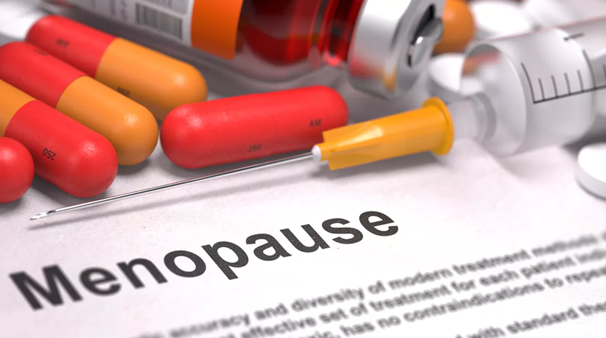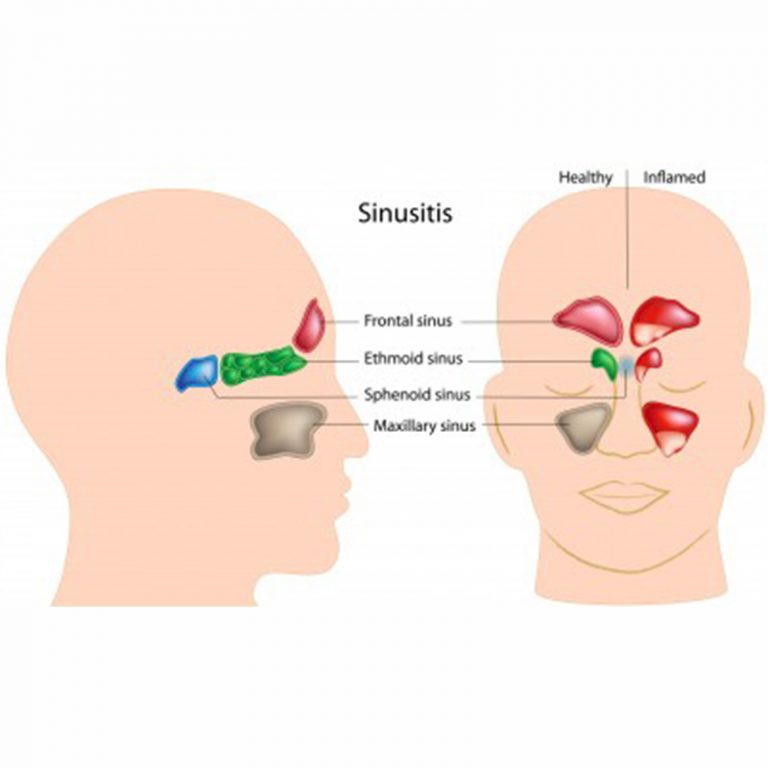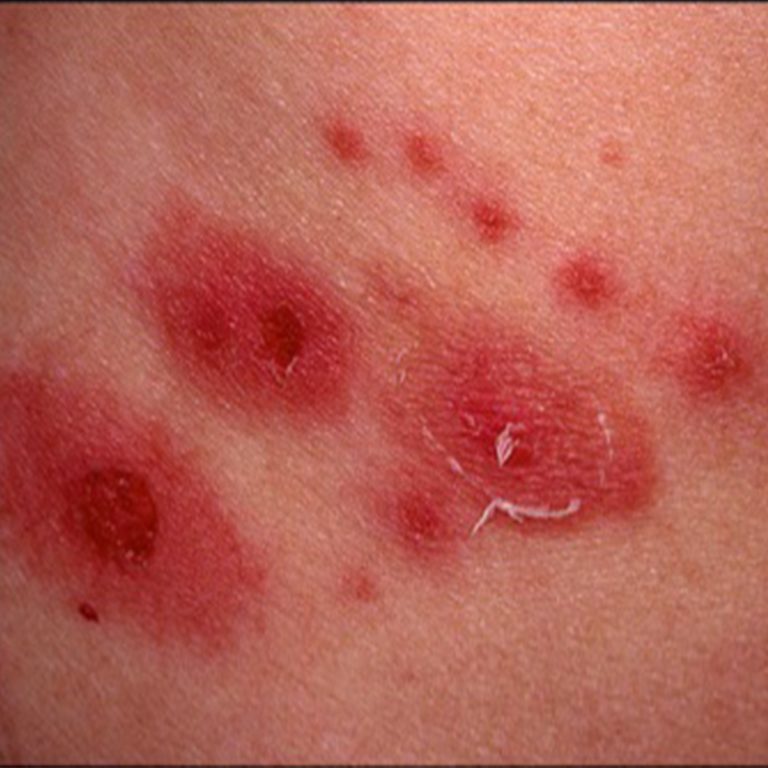Understanding Menopause and Hormones in Women
Menopause is a Natural Process
Every woman goes through menopause. Her body starts to slow down, hormone production changes, and she can experience mood swings, hot flushes and insomnia. Every woman goes through puberty and menstruation must go through menopause. As a teenager, prepubescent girls undergo significant change when there is a sharp increase in female reproductive hormones, such as estrogen. This causes the girl to undergo emotional and physical changes that empower her to give birth and raise children.
Then again, at the end of the period of female sexual fertility, women undergo another hormonal change where estrogen levels drastically decrease. During this time, the body alters the overall balance of reproductive hormones. While this is often triggered by a natural change in fertility, it can also be caused by varying medical reasons such as a decrease in immunity orillnesses related to the female reproductive system.
Just like at puberty, this systemic alteration of female reproductive hormones results in emotional and physical changes. When the woman is healthy and well prepared for these changes, many of the adverse symptoms of menopause reduce or never occur at all. However, in cases where lifestyle, diet and environmental factors don’t allow for the easy transition in hormone levels, hormone production can become severely imbalanced, resulting in adverse symptoms, such as mood swings and hot flushes.
How does Medical Science Treat Menopause?
The standard practice for treating the adverse symptoms of menopause is to test for hormone depletion and then compensate with hormonal supplementation.
Right now, when a woman visits her doctor with adverse symptoms of menopause, or if she reaches an age where menopause is expected, the doctor will arrange blood tests to determine the hormonal balance in her body. She will then be supplied with either synthetic or natural hormones to compensate for this imbalance.
The problem with this is that a single test does not always give an accurate indication of her hormone levels. It is possible for the doctor to over-prescribe hormonal supplements, as hormone levels are constantly changing in the body from hour to hour. If, by chance, the hormone prescribed is abundant, then the woman is left with excess hormones, leading to erratic emotional and physiological changes. Further, the excess hormones will deposit in the reproductive areas and breasts, increasing the likelihood of cancer.
Why Hormone Supplementation Interferes with Bodily Hormone Production?
Our body has different manufacturing units to produce hormones and the other essential raw materials according to its needs. These needs change on a daily, sometimes hourly, basis. For instance, a person with an active sex life will need more reproductive hormones than a person who is not as active. Hard working individuals require more hormones than people who are not. People working through emotional changes, involved in crisis situations, or living in dangerous environments require more hormones. The balance of these hormones is governed by the demands placed on the body itself. So, when the body has control of hormone production, then it can decide when to produce hormones, how much of them to produce, and how best to utilise them.
This is like supply and demand in commerce. When a car company has increased demand for four door sedans, then they react to that demand by making more cars. When there is decreased demand, they make fewer cars so there are less available to buy. However, if they are caught short, there is a period when supply does not meet demand, when they are out of stock. If they have too much, they must warehouse the excess stock.
This is what happens when hormones are provided from an external source, such as when you use hormone replacement therapy or other forms of supplementation. Because supply invariably exceeds demand, excess hormones are stored in the body. In the case of reproductive hormones, they are stored in the breast and reproductive tissue. The problem is that the store can’t be easily shifted, as the body cannot excrete excess hormones through the normal channels of faeces, urine, sweat and breath.
Finally, the body has a natural limit of how much hormone can be produced in a day. Hormonal supplementation can interfere with this, and in some cases supplementation can result in a permanent alteration in hormone production.
How does Yatan Ayurveda Treat Menopause?

At Yatan Ayurvedic Holistic Centre, we don’t prescribe hormone supplements of any sort. We do not offer herbal or synthetic hormones to our clients. We analyse the client’s condition, and prescribe certain herbal formulations that help the body bring hormone production back into balance. As mentioned above, the body has different manufacturing units to create the raw material for healthy organ function. By using herbal medicines that support these manufacturing units we stimulate the appropriate production of hormones, bringing the body back into balance.
The thing is, hormones are not produced at just one site, and various organs and bodily systems need to function well in order to process hormones properly. To digest hormones, we need proper liver function, proper digestion and an active digestive system. Also, if the digestive system is slow, the body will not be able to increase hormone production. That is why we construct a diet that empowers higher hormone production using certain foods that promote hormone creation and then restricting foods that limit it.
At Yatan, we believe that by treating the body in a natural way, the body does not have to depend on external resources all the time, and can function better on its own. For more assistance, or to have a more personal examination of your life and your health, contact us at Yatan Ayurvedic Holistic Centre on 1300552260 to arrange an appointment.

*Discover holistic healing with a complimentary phone or video consultation from our expert Ayurvedic practitioner. Start your path to better health today!*

























